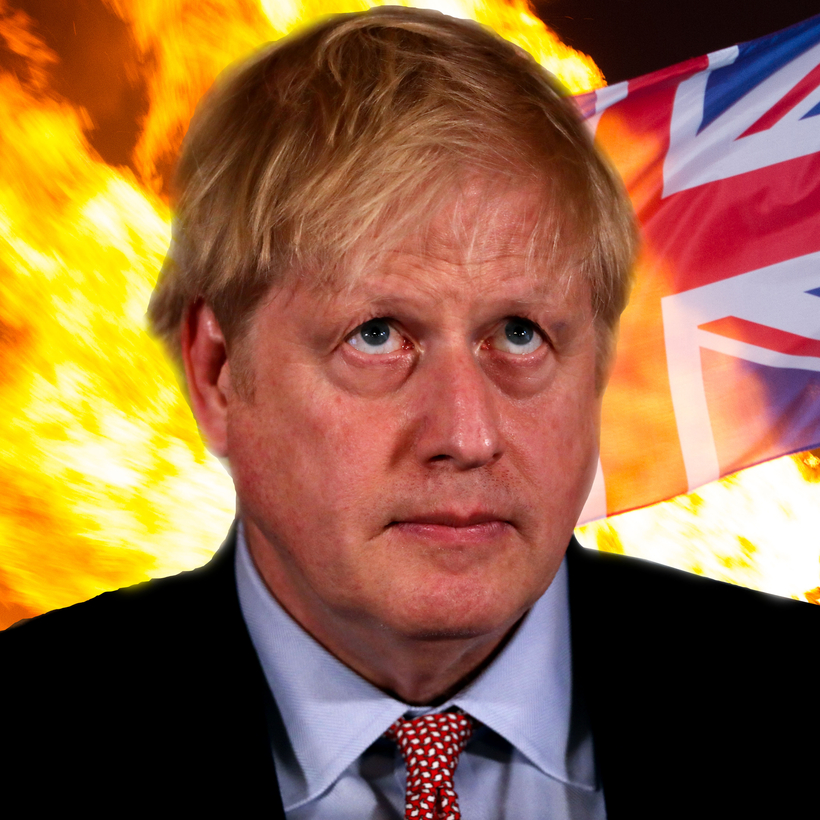By Monday night, the world was in lockdown. The governors of New York, New Jersey, and Connecticut had closed casinos, gyms, and movie theaters. The E.U. stood at the brink of banning all non-essential travel. French president Macron used Twitter to declare a guerre sanitaire with the virus, mobilizing 100,000 police officers to enforce travel and social restrictions on the population. Chinese trucks are drenching the streets with disinfectant. In India, the quarantined are being stamped with indelible ink to better identify them.
But in Britain? Not so much.


